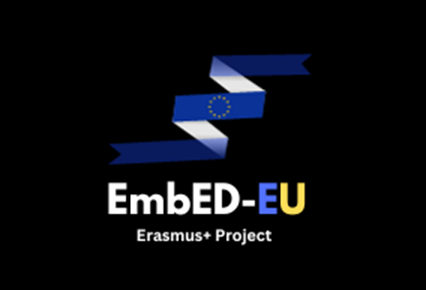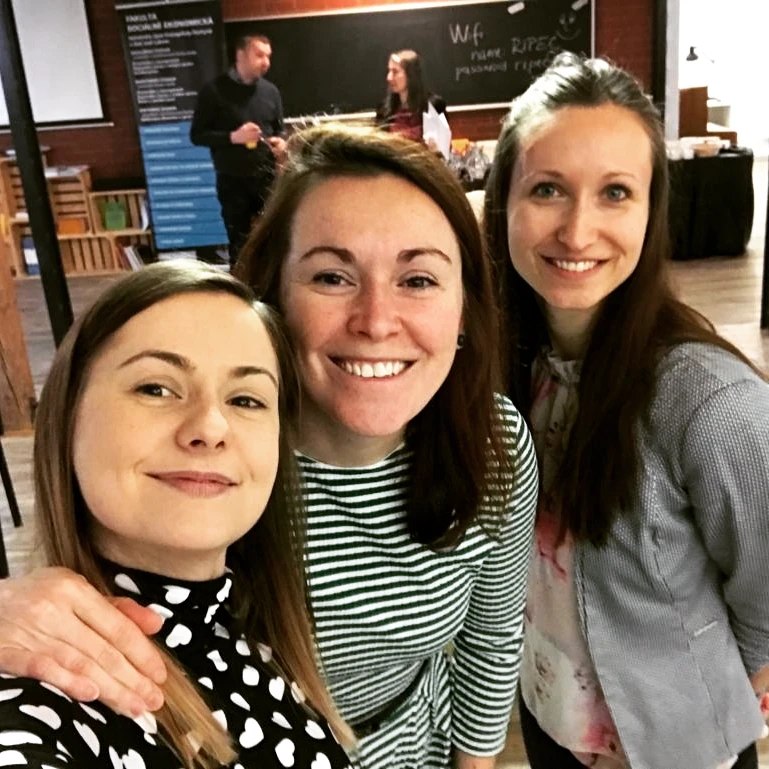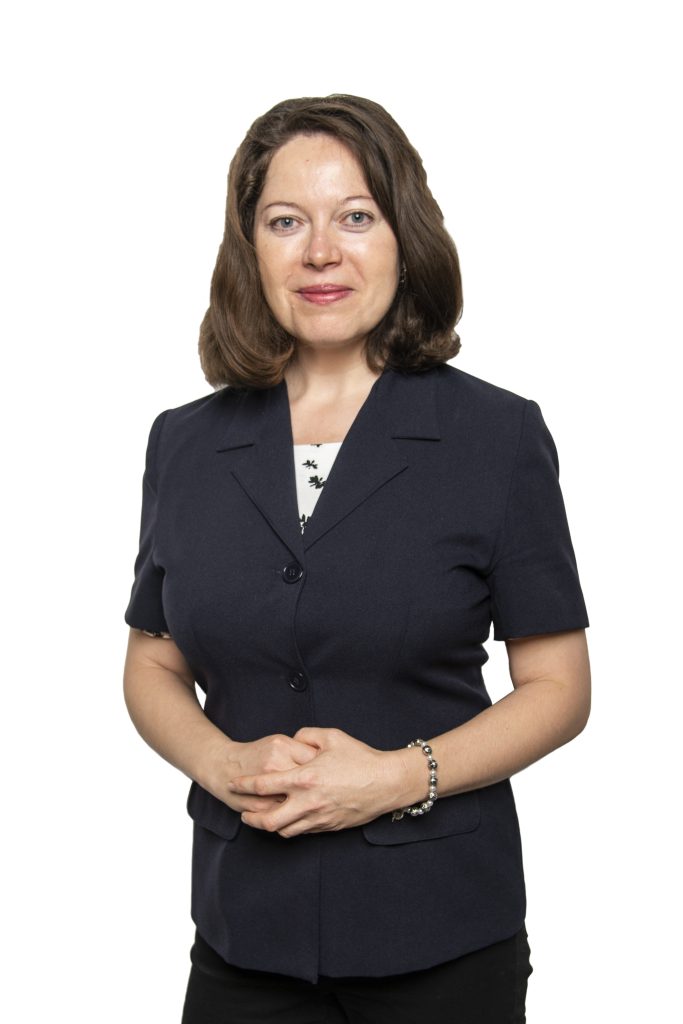EMBED-EU
Embedding EU values in teaching and learning in higher education

Project number: 2023-1-NL01-KA220-HED-000157332
Period: 1. 10. 2023 – 31. 10. 2025
NEWS
Interview with doc. Houžvička
Flyer
About EMBED-EU
Current research has shown that the integration of EU values in higher
education is a key factor in the prosperity of society in Europe. The
purpose of the Emb-ED EU project is two-fold. First, we aim to design
and develop a framework for the integration of EU values in higher
education. Second, we aim to create professional development
opportunities for higher education lecturers and academics on the role
of the EU and their own role in transmitting EU values among their
learners through their teaching practice. So we believe that all the
project results will support this overarching goal, through innovative
methodologies of co-creation (design thinking) and the participation of
different groups of stakeholders, such as university teachers,
researchers, students and policy makers.
Our team

Eliška, Pavlína and Jitka are a great team with focusing on Erasmus+ Projects.
Eliška Nacházelová is Principal Investigator of the Czech Team. She focuses on the Brain Drain & Brain Gain phenomenen. She is also engaged in the attitudes towards labour migration and mobility of high school and university students. At the same time, she collaborates on international projects within the Erasmus+ program.
Pavlína Šimečková is experienced financial manager of Erasmus+ projects. She is also responsible for the smooth running of the Dean´s office.
Jitka Dvořáková is specialist in communication and social media. She focuses on event organization also.
Kateřina Smejkalová is specialist in linguodidactical themes – n particular in monitoring motivational factors of students concerning their study strategies. She engages in the utilization of soft skills in the elimination of negative influence of communication barriers of students in the success-rate of learning foreign languages, and, concurrently, the possibility of utilization of practical usage of the constructivist approach in the teaching of foreign languages in tertiary education.



